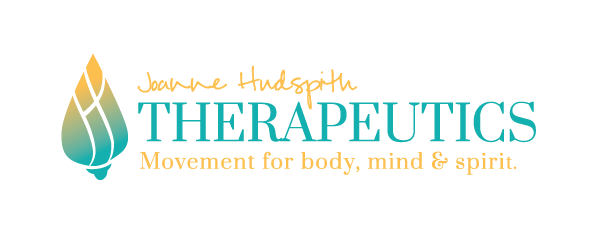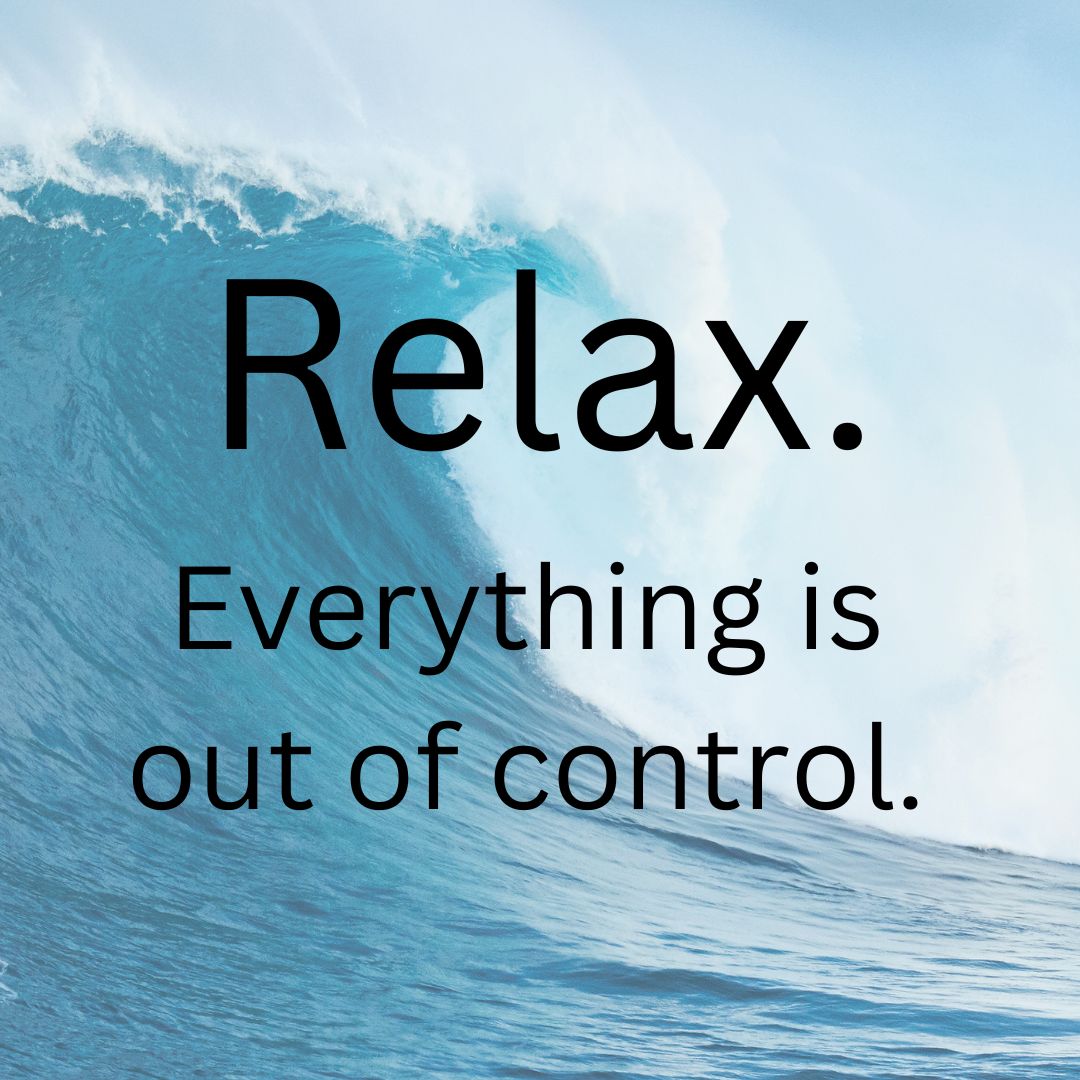“Where are you finding joy in your life, Joanne?”

A friend asked me this question a couple of weeks ago. I couldn’t answer it easily or quickly, and that bothered me.
The question came during a stressful week, and as I pondered the question, along with my difficulty in answering it, my inner critic rubbed her hands together with glee, anticipating opportunities to remind me that she was right all along, that there is indeed something wrong with me, that yes, I have made horrible choices in my life, I am irrevocably screwed up, and my capacity for joy has been irredeemably damaged by my failures and mistakes.
What is joy? How do we experience it? Is the experience of joy in your mind or in your body? (Or maybe both?) What are the physical sensations of joy?
In “Atlas of the Heart”, Brene Brown describes joy as “sudden, unexpected, short-lasting, and high-intensity. It’s characterized by a connection with others, or with God, nature or the universe. Joy expands our thinking and attention, and it fills us with a sense of freedom and abandon.”
Phew. Joy isn’t a long-term state of being that I’ve somehow missed out on, but a moment of being connected to something beyond myself. The difficult days in my life don’t prevent me from feeling joy. Another case of both/and instead of either/or. (More about that here)
Psychologists have learned that moments of joy help regulate the nervous system, helping us to feel safe and calm. And when the nervous system is in its relaxed state (as opposed to flight or fight), we are able to think and perceive with more clarity.
The nervous system thrives on patterns. As actions, thoughts and emotions are repeated, they become hard-wired into patterns, eventually becoming the defaults that our nervous system goes to without having to involve the expenditure of cognitive energy. The more we experience joy, the more hard-wired that pattern becomes, and the easier it is to feel joy the next time an opportunity for it shows up.
Wouldn’t it be wonderful if joy was a default pattern in your nervous system?
In the midst of stressful or difficult periods in life, it’s easy to forget how to find joy, and important to remember that joy is good for us, that its effects on the nervous system improve our resilience and ability to manage stress.
We often associate joy with the big events of life – in the celebration of new babies, graduations and weddings, or the adventure of traveling to exotic places – but I think it’s important to remember that joy can be found in the everyday and the mundane. I regularly stumble across joy walking through my neighbourhood, shopping at the farmers market, and working with my clients.
Finding joy isn’t as simple as giving ourselves a pep talk. Applying happiness to doubt or pain doesn’t fix the problem any more than running a marathon will heal a broken leg. The experience of joy in which we feel connected to something greater than ourselves can’t be scheduled like a dentist’s appointment or a dinner reservation.
To experience more joy, we need to pay attention to moments of joy, and the circumstances around them. In the last week or so, I felt joy when:
- my niece grabbed my hand and asked me to read to her
- my husband and I laughed out loud together
- I stood on the rocky shores of Georgian Bay, saw its beauty and felt the warmth of the sun on my face

It stands to reason that I’m more likely to experience joy if I create and spend time in situations where I’ve experienced it in the past. I know that I won’t experience joy every time I am with my family or in the great outdoors, but I know I’m more likely to happen upon it – or more accurately, it’s more likely to happen to me – in those situations.
I also know that I almost never experience joy when I have my phone in my hand or a screen in front of me. I may be entertained, informed or educated – none of which are bad things, but I need to be wary of substituting those for that joy that heals me. It’s not realistic to avoid situations that are stressful or difficult, but it is important to recognize when I’m making choices that diminish my ability to experience joy.
So, I remind myself that whatever I practice, I’ll get better at, and set an intention to create an atmosphere in my life in which joy flourishes, and practice being open and receptive to the many ways that joy can show up in my life. If there are expectations about what should or shouldn’t be happening in any given moment, opportunities to experience joy slip by, unnoticed.
As you know, I am becoming more interested in the questions than the answers these days, so I’ll leave you with some questions to ponder in the coming days and weeks:
How do you experience joy? Where do you feel it in your body? What are the sensations of joy?
In what situations do you feel joy most often?
What about other emotions that are related to joy? Awe, delight, pleasure… what is your felt experience of these emotions? Are they different from joy?
I don’t have any idea of what the “right” answers are to these questions, but I’m curious about the different ways we, as individuals, have different experiences of emotion.
If you’re curious about emotions, I highly recommend Brene Brown’s “Atlas of the Heart”, in which she describes the 87 (!) emotions that are part of our human experience. When we have language for what we’re feeling we can care for ourselves and others more effectively and lovingly, and this book is a helpful tool for identifying what it is that we’re feeling, and then finding ways to articulate and communicate around our emotions.




